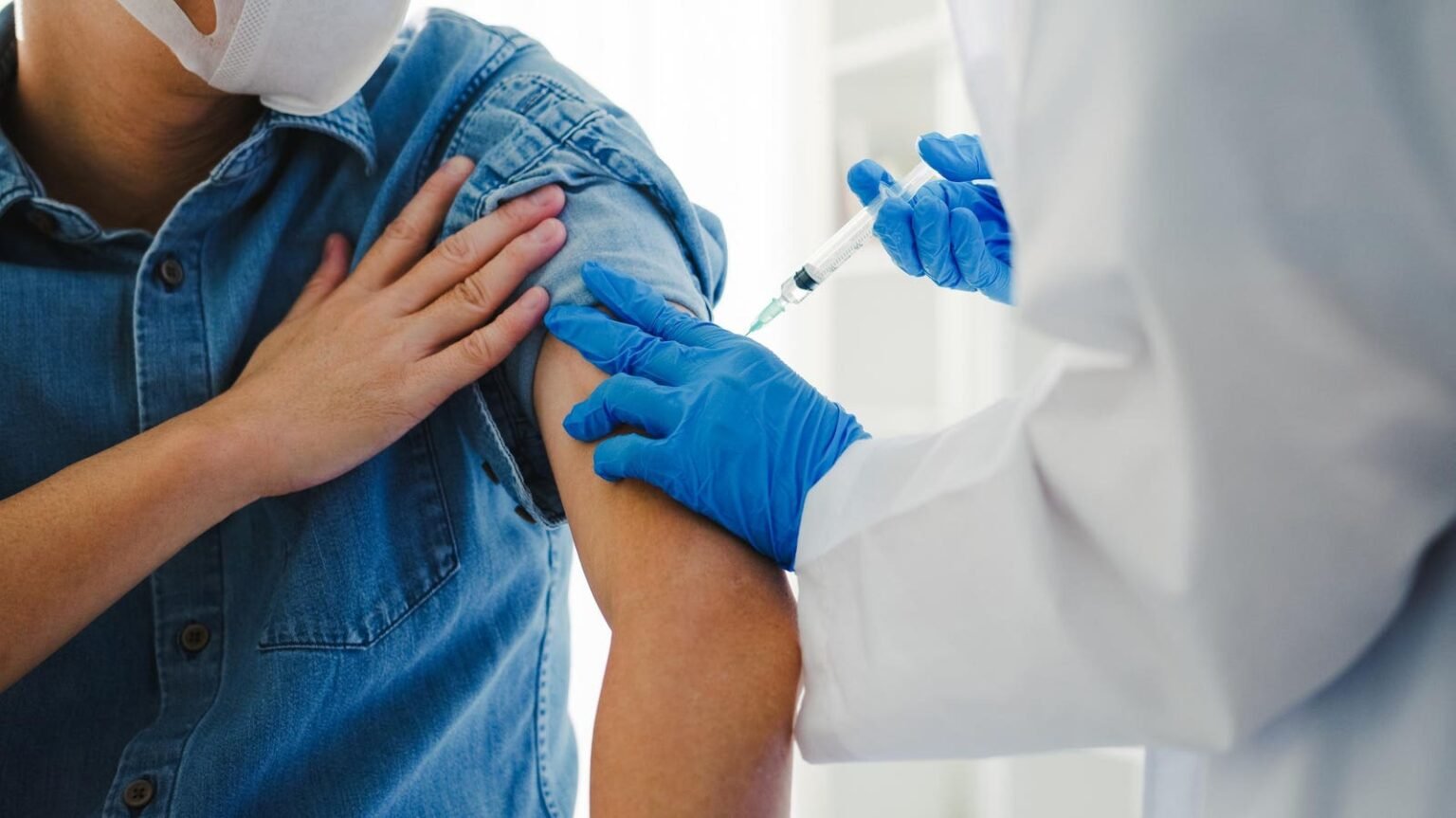Drug manufacturers have developed updated monovalent COVID-19 vaccines to protect against current variants and are set to be available soon. The FDA recommended these vaccines for the 2024-2025 fall and winter respiratory virus season, with the aim of curbing an uptick in cases during these months when COVID-19 historically spikes alongside flu and respiratory syncytial virus season. Originally targeting the JN.1 variant, the FDA later advised manufacturers to focus on the KP.2 strain of the JN line after reviewing updated case data.
Moderna, Pfizer, and Novavax are in the process of creating these updated vaccines. Pfizer stated that their vaccine could be available as early as this month once approved, while Moderna expects theirs to be ready by August. Novavax, on the other hand, aims to have its vaccine ready by September 1. The Centers for Disease Control and Prevention recommends everyone six months and older to get the updated vaccine once available, regardless of whether they were previously vaccinated.
While the price of these vaccines has not been disclosed, they will not be free like in previous years. However, they will be covered for individuals with Medicare, Medicaid, and most private insurance plans. The CDC’s Bridge Access Program, which provided free COVID-19 vaccines to uninsured adults, was set to end in December but will close in August due to a lack of funding. The Biden administration is exploring ways to secure permanent funding to continue offering free vaccines to uninsured adults through a similar program.
The efficacy of these new vaccines has shown to be greater than the now-available vaccines. Moderna’s KP.2 vaccine was up to eight times more effective at protecting against JN variants, while Pfizer’s KP.2 COVID-19 vaccine offered up to a 7.3-times stronger response to mice infected with KP.2 and other JN variants. Novavax’s JN.1 vaccine was up to 48 times more effective at protecting against the JN lineage compared to the initial XBB.1.5 shot.
The KP.2 variant was the most dominant strain in the U.S. in May, June, and most of July but has since declined in prominence. JN.1, which was the leading variant in the spring, now makes up less than 1% of cases. KP.2 and its descendants are descendants of JN.1 with minimal mutations, indicating that a JN.1-specific vaccine should offer some protection against these variants, according to the European Medicines Agency. Overall, the rollout of these updated vaccines aims to enhance protection against evolving COVID-19 variants and mitigate the spread of the virus during the fall and winter seasons.
In conclusion, the development of new monovalent COVID-19 vaccines by leading drug manufacturers marks a significant step in combating the evolving variants of the virus. With plans for these updated vaccines to be available ahead of the fall and winter respiratory virus season, the FDA’s guidance and recommendations aim to bolster protection against potential spikes in COVID-19 cases. As manufacturers work towards making these vaccines available to the public, efforts to ensure access and affordability for all individuals, regardless of insurance status, are crucial in facilitating widespread vaccination. The enhanced efficacy of these updated vaccines against current variants underscores the importance of ongoing research and development to adapt to the ever-changing landscape of the COVID-19 pandemic.












